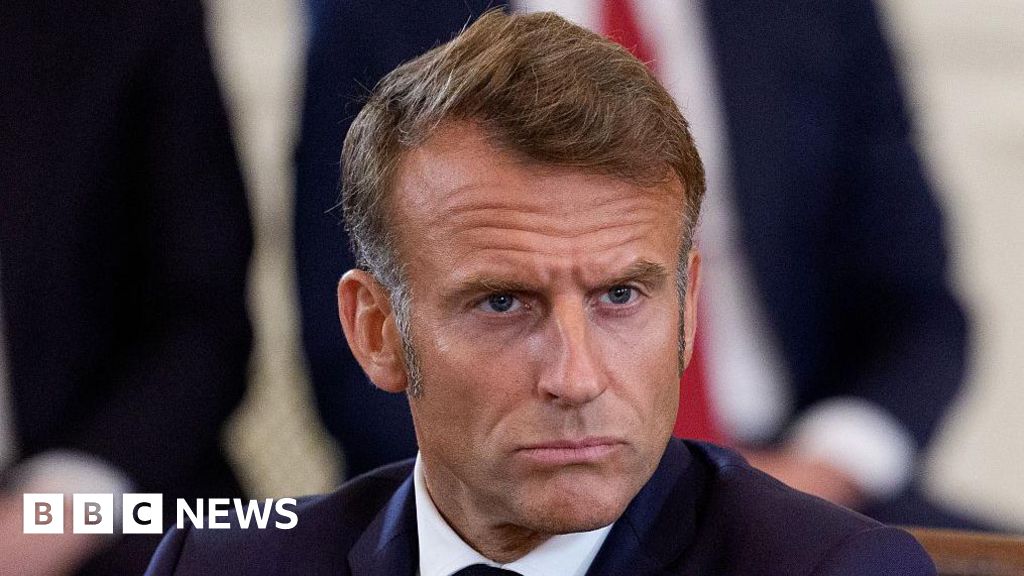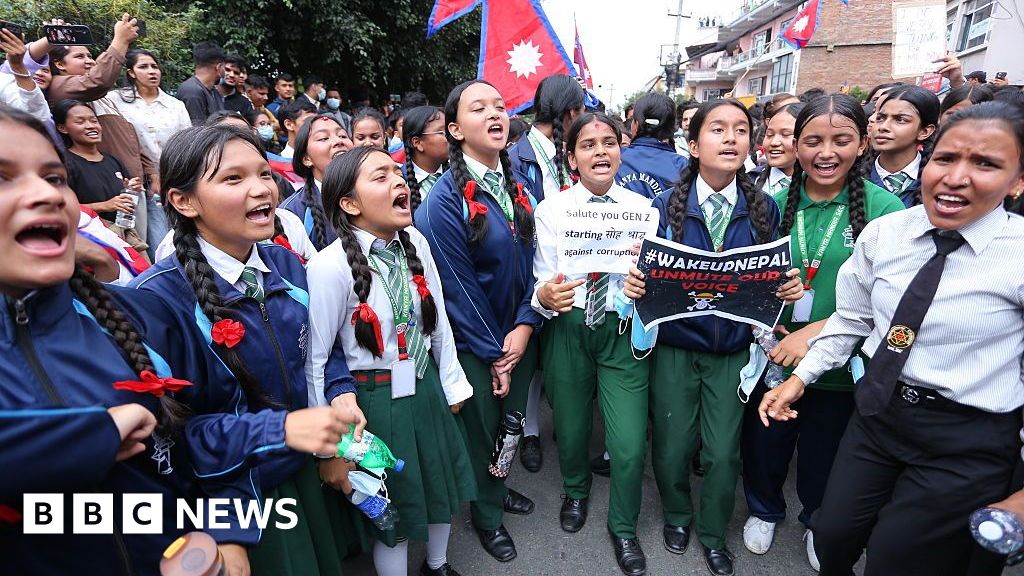ARTICLE AD BOX
LAGOS, Nigeria -- The decision of Ivory Coast’s President Alassane Ouattara to run for a fourth term risks a return to a past era of “old guard dictator rule,” an analyst warned on Wednesday.
Ibrahim Anoba, an Africa affairs analyst at the Atlas Network, was speaking a day after Ouattara ended months of speculation about his contested candidacy with an announcement that is likely to lead to a near-guaranteed extension of a presidency that started in 2010.
While Ouattara, 83, said his decision to run was informed by the “unprecedented security, economic, and monetary challenges” the country faces, his announcement comes after the disqualification of most of his prominent rivals, including former Credit Suisse chief executive Tidjane Thiam.
After changing the constitution in 2016 to remove presidential term limits, Ouattara is the latest leader in West and Central Africa to attempt to stay in power with little or no challenge from a weakened opposition.
Togo’s Faure Gnassingbé swapped the presidential system with a parliamentary system and introduced a new all-powerful role, while in Cameroon Paul Biya is eyeing an eighth term after being in power since 1982, nearly half his lifetime. Central African Republic’s Faustin Touadera is seeking a third term amid a constitutional controversy.
With Ivory Coast considered a regional powerhouse, analysts say a weakened opposition and the constitutional change that kept Ouattara in power after abolishing initial term limits could lead the country to an era of one-man rule, especially in a region where democracy is increasingly being challenged.
Opposition protests against Ouattara have been blocked, and several protesters have been arrested and accused of disturbing public order.
“We might be sliding back to that era of old men, old guard dictator rule in West Africa because (of) the attitude of the military and equally the civilian rulers,” said Anoba. “And the announcement of Ouattarra is a reflection of that reality.”
Opposition politicians are now rallying against Ouattara, which could feed into a growing wave of discontent among citizens battling declining economies and security challenges.
“It is a repetition of the same problem that we have seen lead to the same consequences,” said Anoba.
West and Central Africa has recorded 8 coups since 2020, with the military juntas sometimes pointing to the lack of fair democratic processes as one of their reasons for deposing elected governments.
A spate of power grabs by military powers has reconfigured the region’s geopolitical lines and split the decades-old regional bloc known as ECOWAS.
Periodic elections have been used by others to maintain democratic credentials, but analysts say the trend of constitutional changes and attacks on opposition have been no different from the military powers that have all extended their stay in power.
“What we are having at the moment across West and Central Africa is status-quo elections,” said Beverly Ochieng, a senior analyst at Control Risks. “They end up reinforcing the authority and executive power of the incumbent in a way the opposition parties are not able to challenge it.”
Ochieng added: “There is also almost like an equivalent in the sense that people want to prolong their stay in power and are willing to use constitutional and transitional means to achieve."
Ivory Coast has maintained its reputation as one of Africa’s most stable democracies, especially after its ruinous civil wars. It has established itself as a major African economic power, mostly due to the policies of Ouattara’s presidency.
However, beneath the veneer of stability is a firm grip on government institutions that makes it impossible for the opposition to challenge the ruling party, analysts say.
Ivory Coast has frequently experienced electoral violence, which has killed several people, even pushing it close to another civil war in 2011 when then-leader Laurent Gbagbo refused to concede defeat after losing the election, and some 3,000 people were killed in the violence that followed.

 1 month ago
58
1 month ago
58








 English (US) ·
English (US) ·